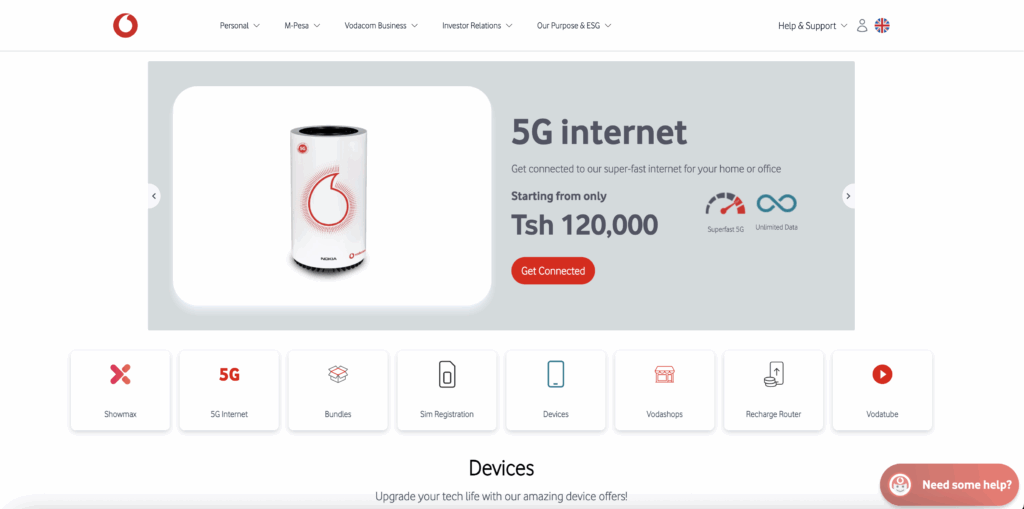The electric vehicle market in 2025 has evolved sharply, luxury EVs are no longer niche experimental models but fully polished, high-performance, tech-rich machines. Buyers now expect more than zero emissions: range, fast charging, comfort, advanced driver aids, and exquisite interiors are table stakes. In this post we’ll go over the best luxury electric cars in the US for 2025, what makes them stand out, their strengths, and what you should consider before choosing one.
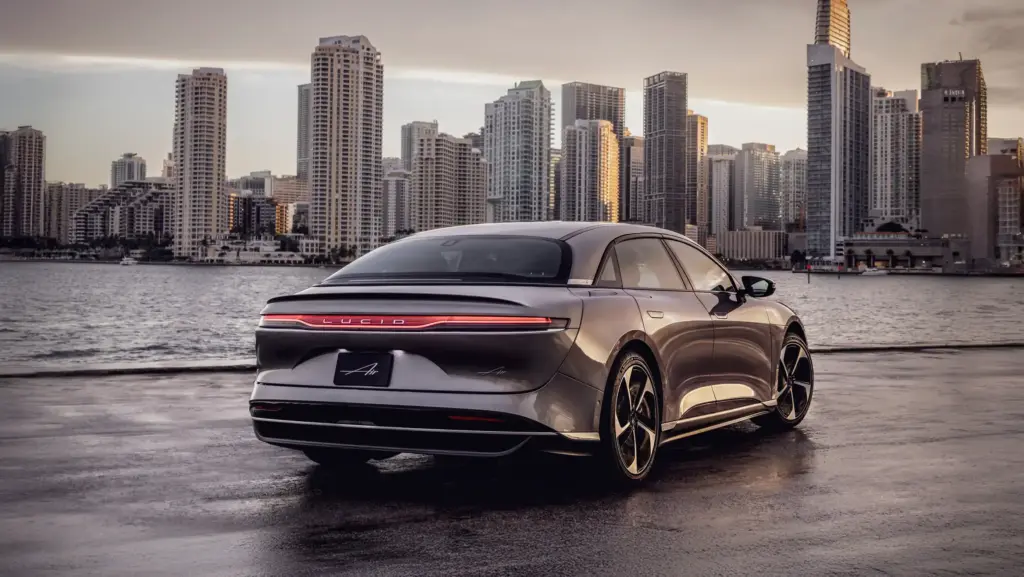
What Makes a Luxury EV “Best”
Before jumping into specific models, here are the key criteria by which I’ve judged them:
- Range (EPA or reliable real-world estimates)
- Performance (acceleration, handling)
- Technology and features (infotainment, driver assists, charging infrastructure)
- Interior comfort and materials
- Value relative to cost (including incentives, if relevant)
Top Luxury Electric Cars in 2025
Here are several of the standout luxury electric cars in the US in 2025, from sedans to SUVs to ultra-premium flagships.
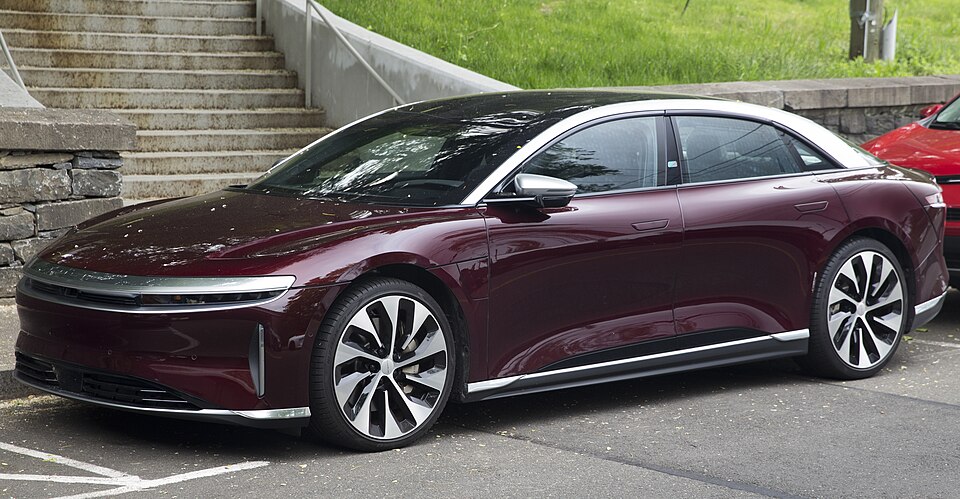
The Lucid Air sets itself apart with one of the longest ranges in the luxury sedan category, reaching over 400 miles depending on the trim. It combines efficiency with a premium cabin and strong performance, making it a leader among luxury EVs. Buyers get exceptional range, rapid acceleration, refined design, and advanced technology features. On the downside, the high price and limited charging infrastructure outside major corridors can make ownership more challenging.
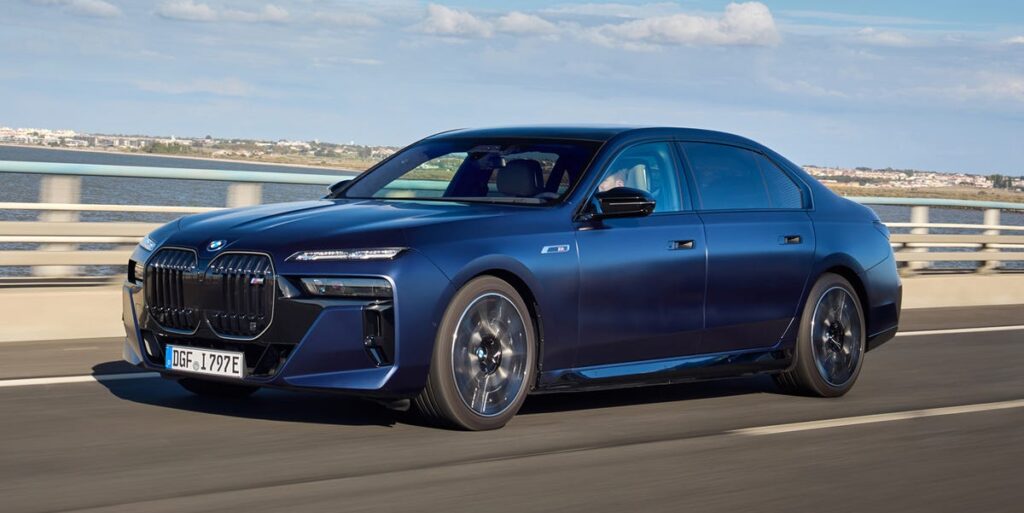
The BMW i7 is the flagship full-size electric sedan in BMW’s lineup, offering classic limousine comfort with modern EV innovation. It delivers strong ride quality, luxurious features, and spacious interiors, appealing to those who value both tradition and technology. Its main trade-offs are a hefty price, a lower range compared to lighter rivals, and a large size that can make maneuvering or parking more difficult.
Porsche Taycan / Taycan Cross Turismo
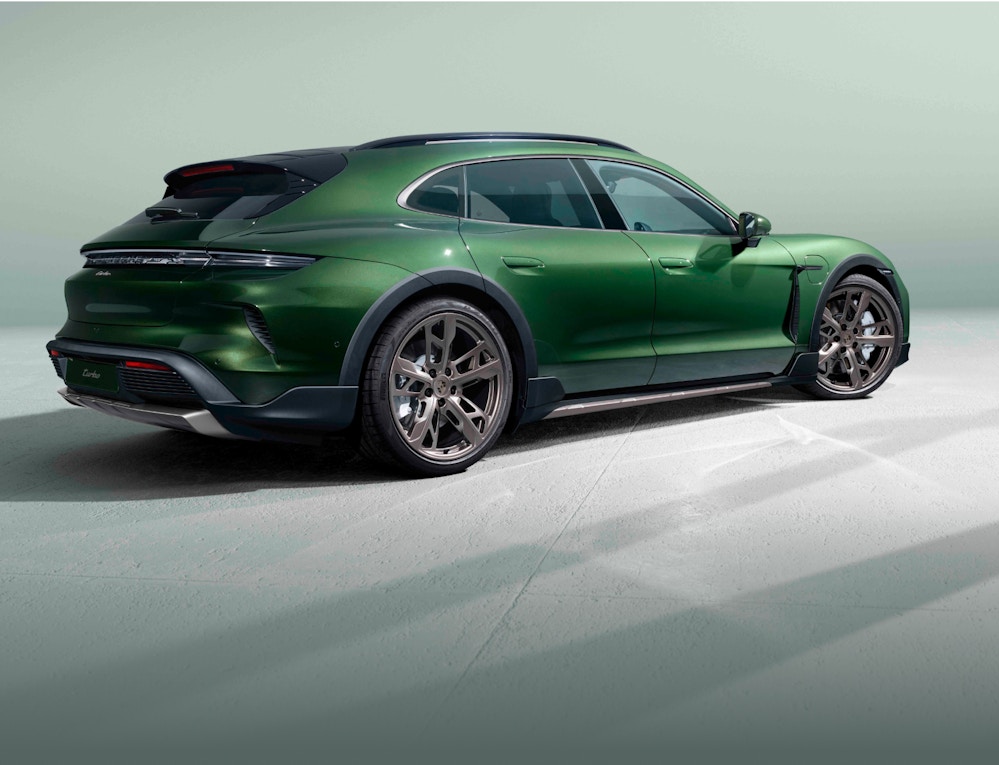
The Porsche Taycan and its Cross Turismo variant focus on performance, delivering sports car handling with luxury refinement. Known for excellent build quality and engineering, these models provide thrilling dynamics and strong brand prestige. However, their range falls short of long-distance competitors, the ride can feel firm for comfort-focused drivers, and the cost increases significantly with added options.
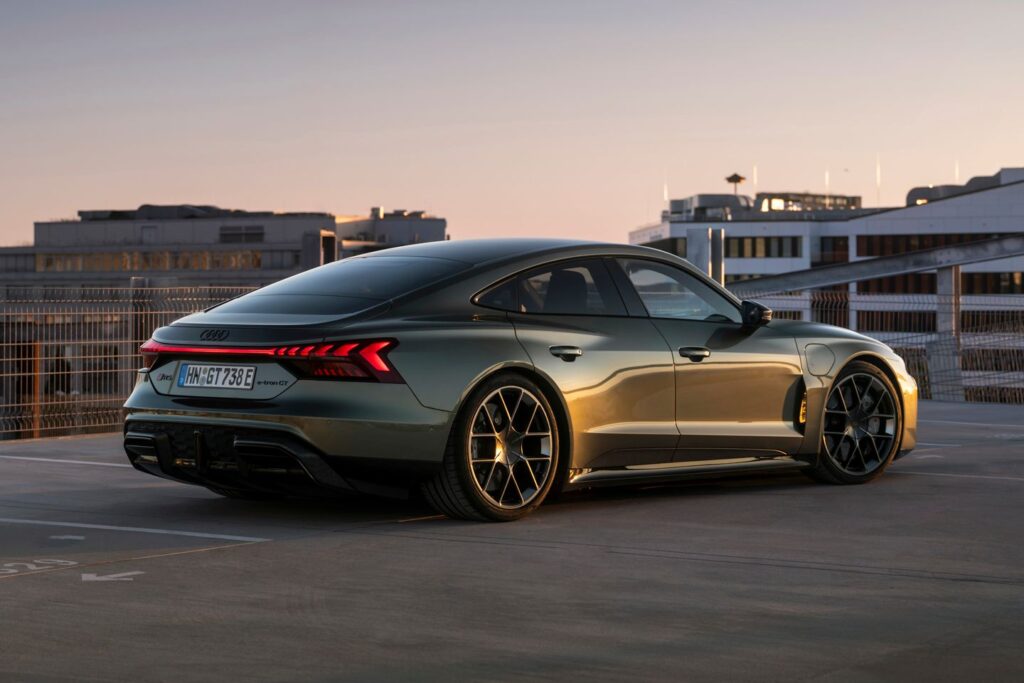
The Audi e-tron GT blends powerful performance with striking design and luxury appointments. It offers a refined driving experience, advanced technology, and a stylish interior. Strengths include excellent handling and an upscale cabin, though drawbacks include less cargo space, higher costs, and range and charging speeds that lag behind leaders like Lucid.
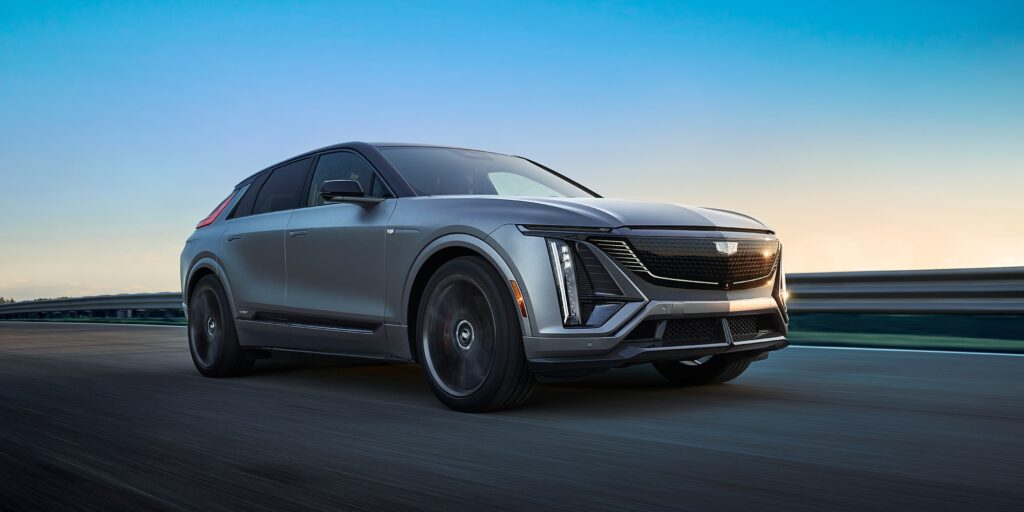
The Cadillac Lyriq is a midsize luxury SUV that combines modern design with practicality. With an estimated range of over 300 miles, it offers a good balance of performance, interior space, and premium features. Its SUV form factor makes it family-friendly and versatile, though it is less sporty than rivals, carries less brand prestige compared to European competitors, and some trims may have slower charging or fewer high-end finishes.
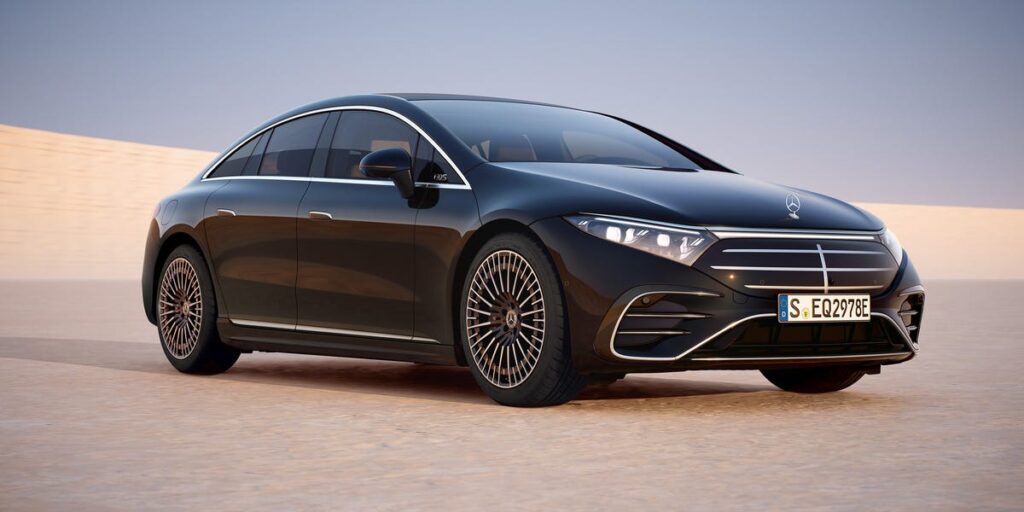
The Mercedes-Benz EQS is the electric counterpart to the iconic S-Class, offering exceptional comfort, luxury, and advanced technology. It is quiet, spacious, and richly appointed, making it one of the most premium EVs available. While it excels in luxury, the EQS is very expensive, large, and heavy, which can affect efficiency and handling, and maintenance or replacement parts may come at a premium.
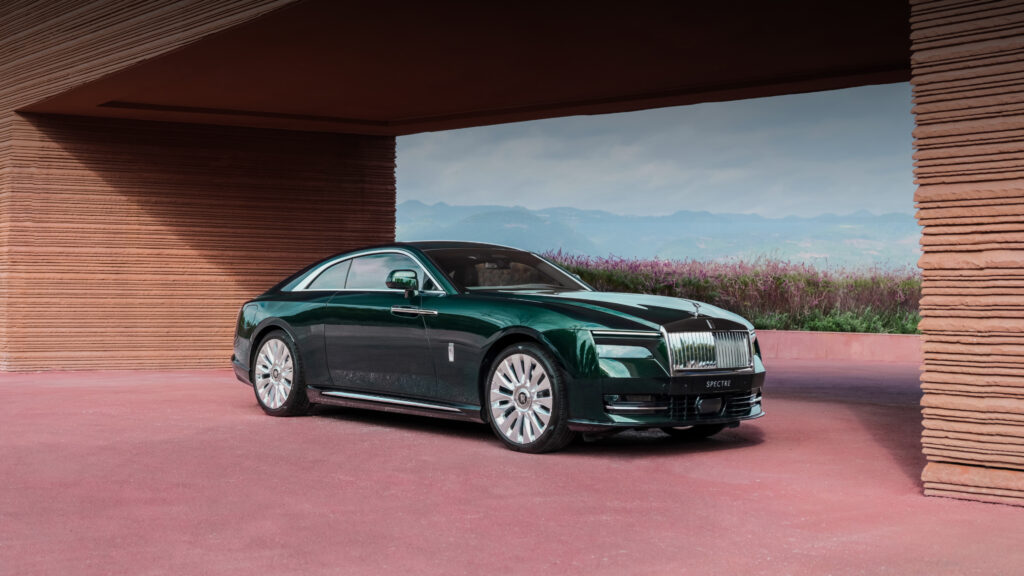
The Rolls-Royce Spectre embodies ultra-luxury in electric form, serving more as a statement of status and craftsmanship than just transportation. It provides unmatched exclusivity, comfort, and bespoke finishes. However, its extreme cost and ownership expenses limit it to a select clientele, and its large size makes it less practical for everyday use.
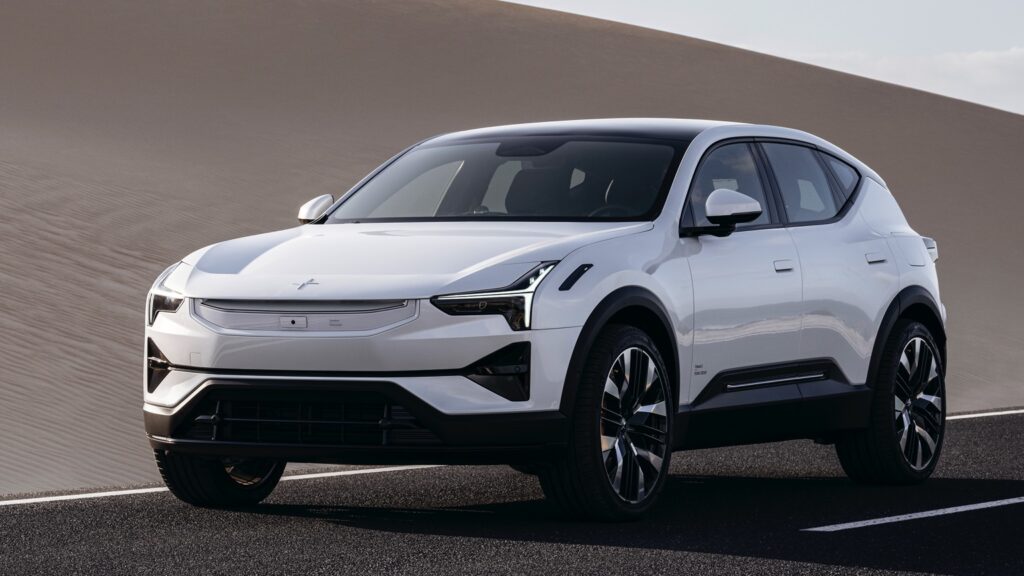
The Polestar 3 brings Scandinavian minimalism into the luxury SUV market, emphasizing clean design, strong performance, and everyday utility. It offers a premium experience with a distinctive identity and is often more cost-effective than ultra-premium rivals. Still, it lacks the prestige of legacy luxury brands, its minimalist interior may not appeal to everyone, and its service network is less widespread.
What to Think About Before Buying
- Charging Infrastructure: Even if range is great, access to reliable fast chargers matters, especially if you travel.
- Total Cost: Look beyond MSRP: incentives, tax credits, operating cost (electric vs gasoline), maintenance, insurance.
- Resale Value / Brand Support: Some brands have stronger histories in electric vehicles, which may affect resale and support.
- Use Case: If you mostly drive in city, a sporty sedan might serve you; if family / cargo / travel are important, prioritize SUVs or larger models.
- Comfort vs Performance Trade-Offs: Luxury often means a smoother ride, more sound insulation, better seats, some high-performance models sacrifice a bit of comfort.
My Top Picks
If I had to pick one or two “best luxury electric cars” for different buyer types in 2025:
- Best for Range & Overall Luxury: Lucid Air. It hits nearly all the marks.
- Best for Status & Traditional Luxury: Mercedes-Benz EQS or BMW i7, or even Rolls-Royce Spectre if budget allows.
- Best Luxury SUV Value: Cadillac Lyriq or Polestar 3.


